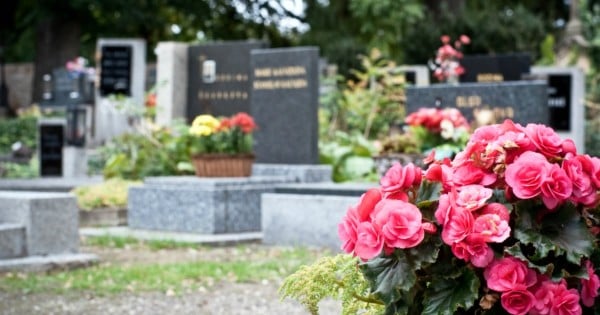
During my Dad’s wake last year, my long-time friend took me away from the crowd. She’d lost her Dad a decade prior, in her twenties, a time when friends aren’t the best equipped to help with the serious stuff. I still wonder if we helped her at all. She gave me a hug and said, “Welcome to the Dead Dad Club. No one wants to be a member, but at least we have each other.” Tracy and I met in high school, but we are NYC friends, which means no bullshitting. She was the only one who would say “dead.” Even the nurse who called just before midnight, softly told my Mom, “Phil has expired.”
Tracy spoke the truth, and the word “dead” stuck to me, as did the welcome to a not-so-exclusive club, though the meaning didn’t surface until months later. After a loved one dies, you’re expected to relive the emotion incessantly, as every well-intentioned person in your life asks “How are you doing?” Sometimes, they put a hand on your shoulder; usually, they look directly into your eyes, silently pleading with you to open your heart. Unable to conjure the energy to genuinely deal with this question, I simply numbed myself. Banal replies worked best.
“Oh, hanging in there.”
“It was a relief at the end.”
“He’s in a better place.”
Sometimes I used my newly half-orphaned status as a personal defence weapon. In response to the person who said, after my 2 week retreat to Bali,
“It must be nice to take such a long vacation.”
“Well…my Dad died a few months ago.”
How do you make sure you look after yourself? Post continues after video.





























































































